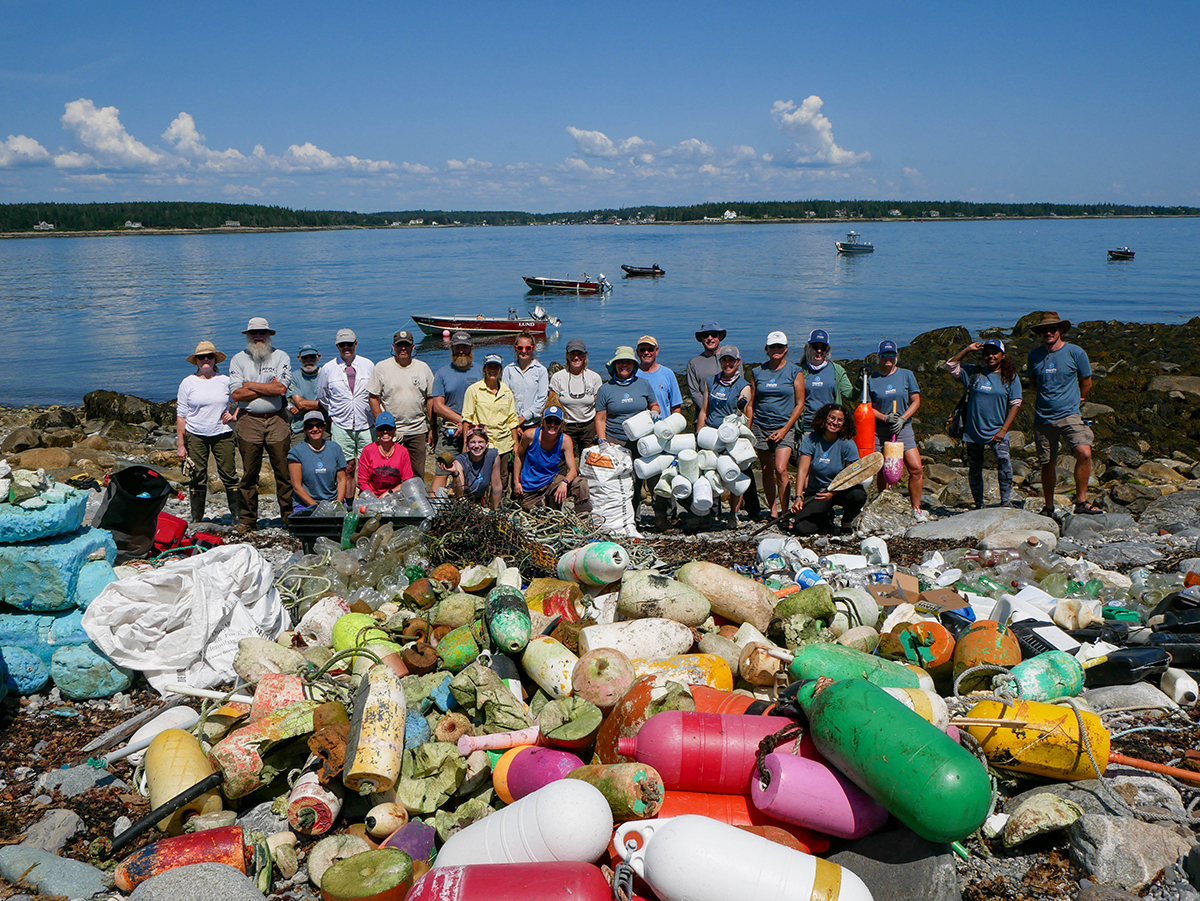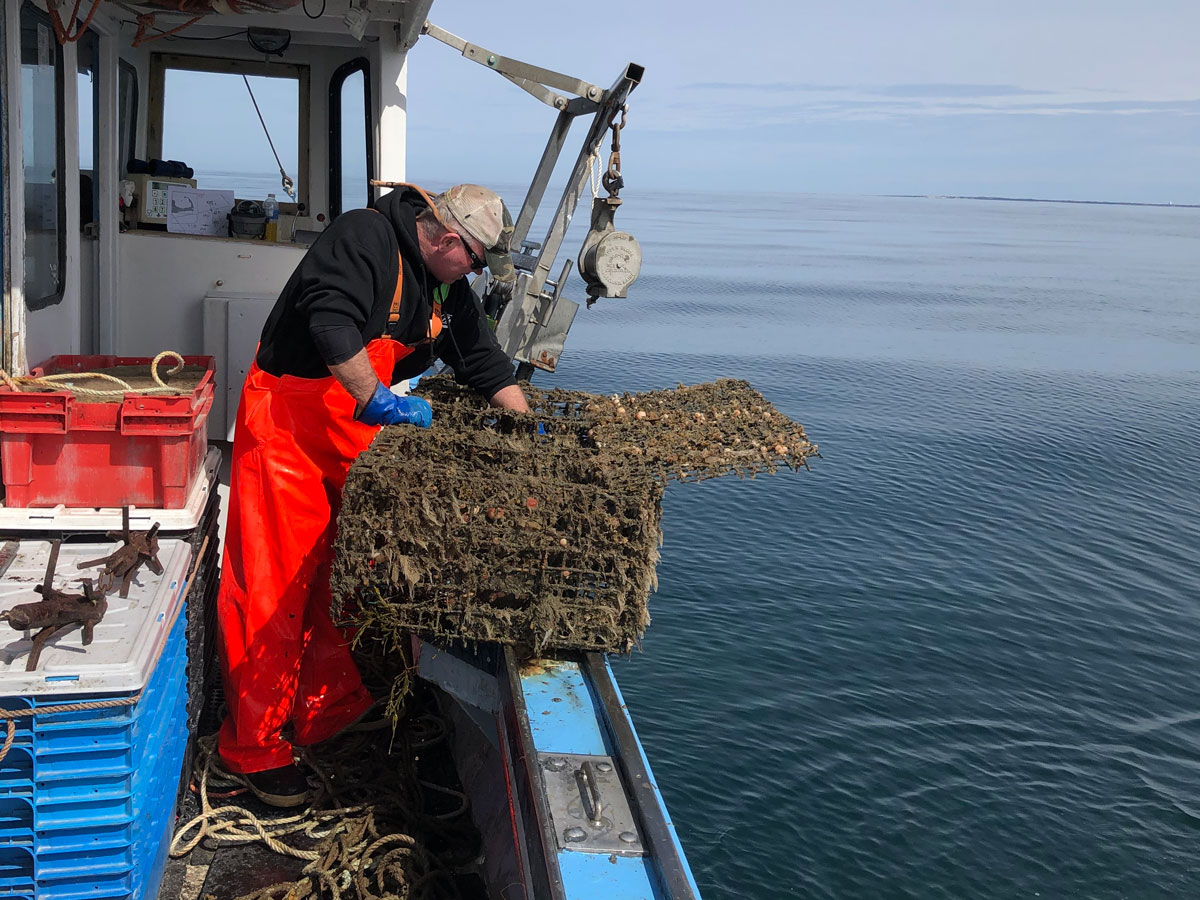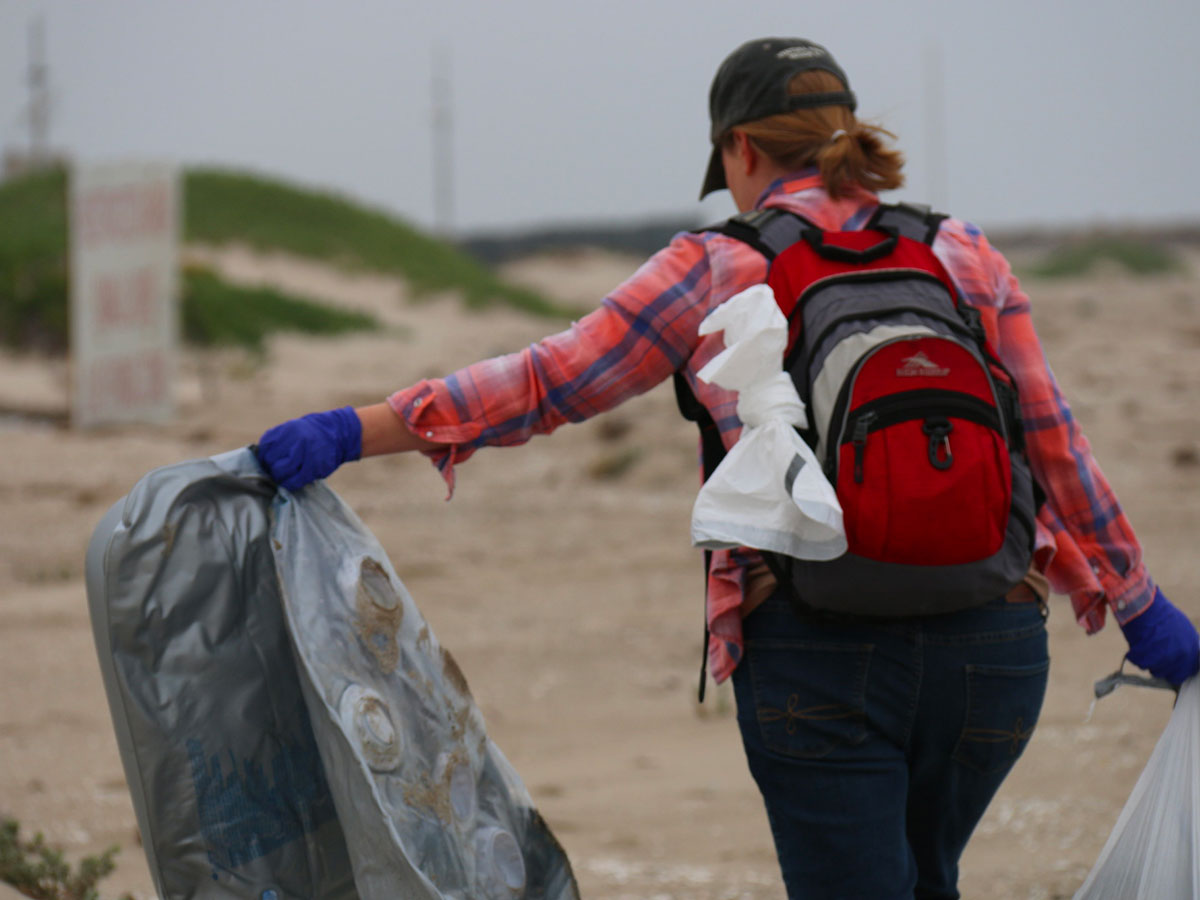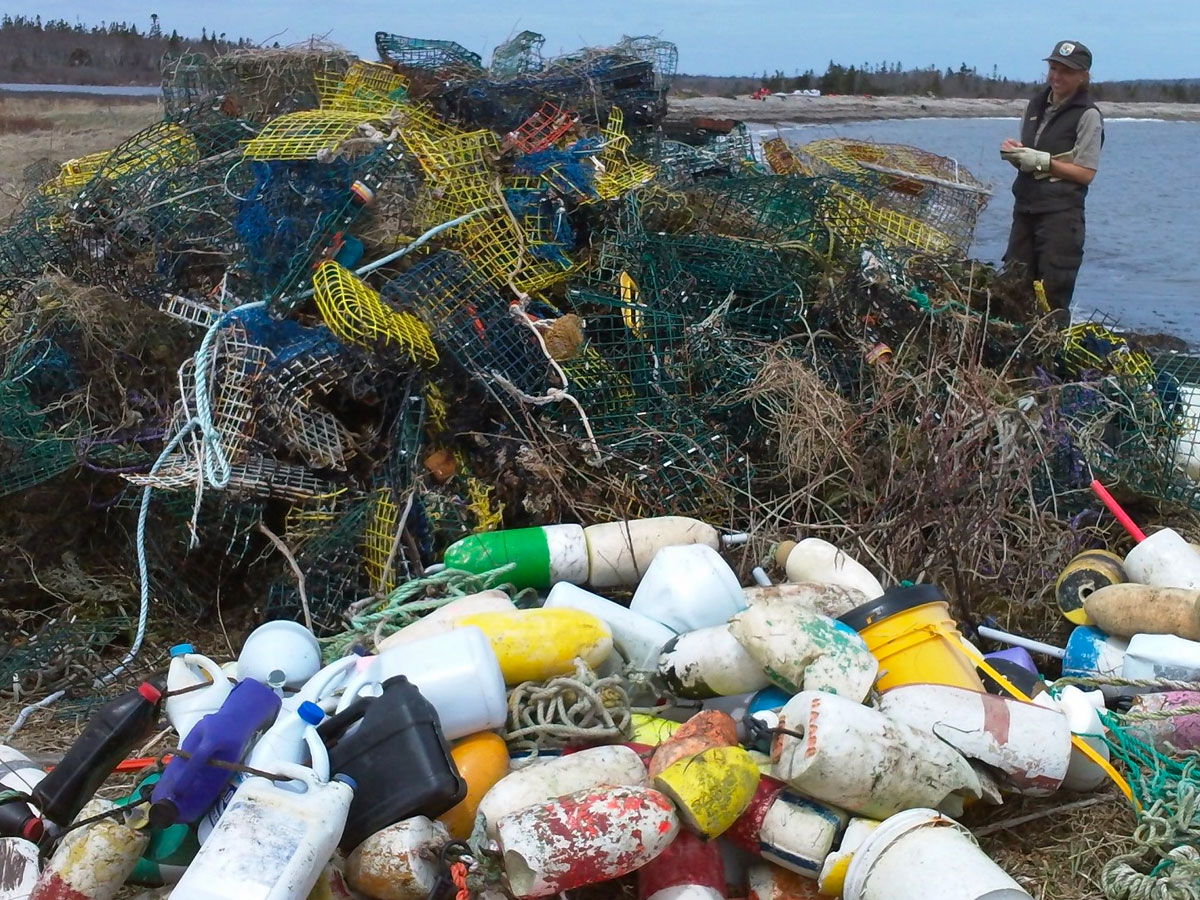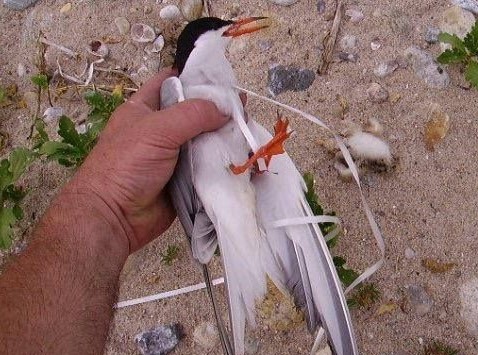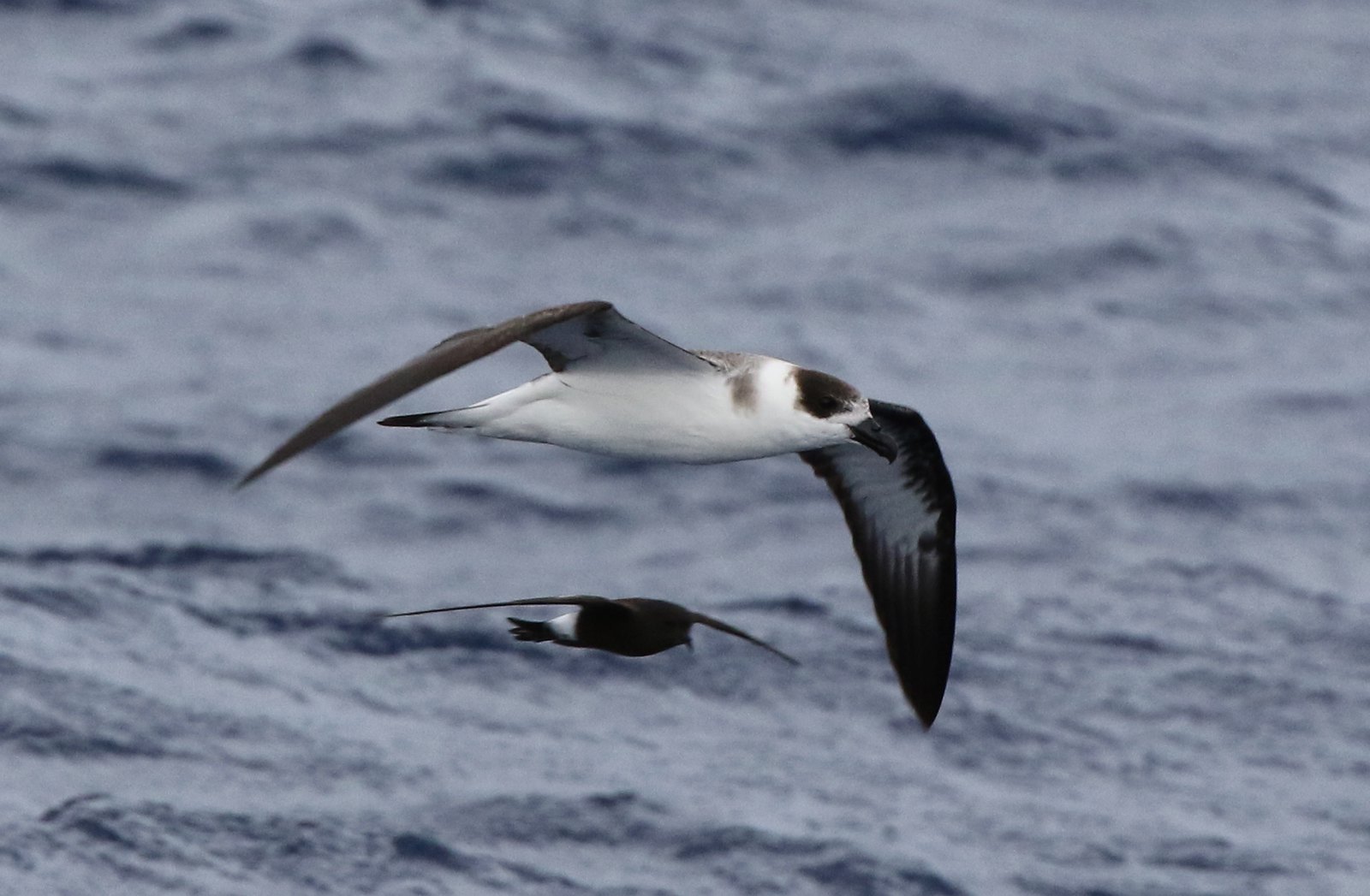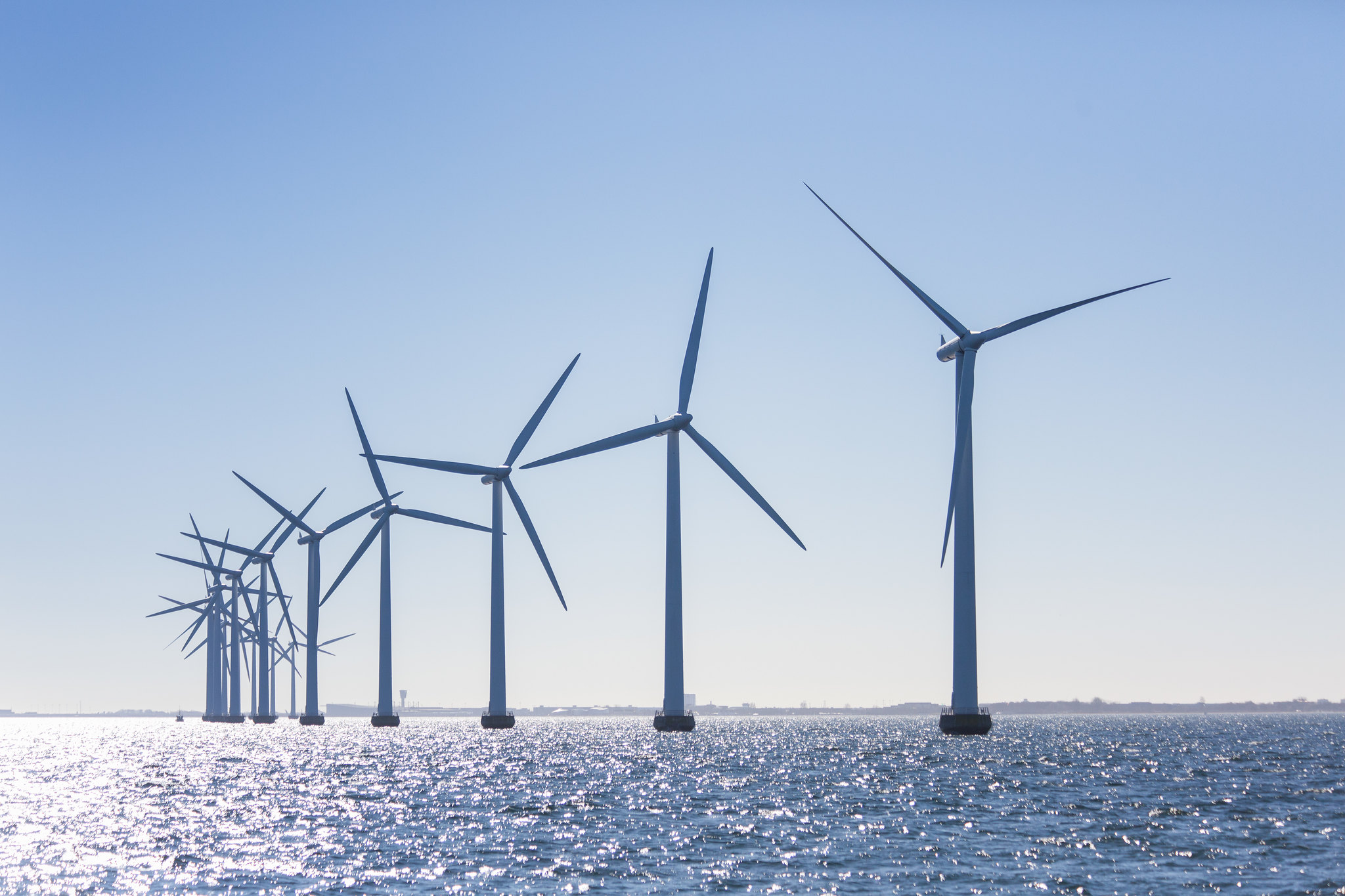Marine Debris Impacts on a Maine Seabird Nesting Island: National News Coverage and Clean-up Efforts
Fisheries managers estimate that 175,000 wire lobster traps are lost annually in the Gulf of Maine. These 50lb traps and associated rope, buoys, and ballast scour the ocean floor and often end up coming ashore on coastal islands, headlands, and…

